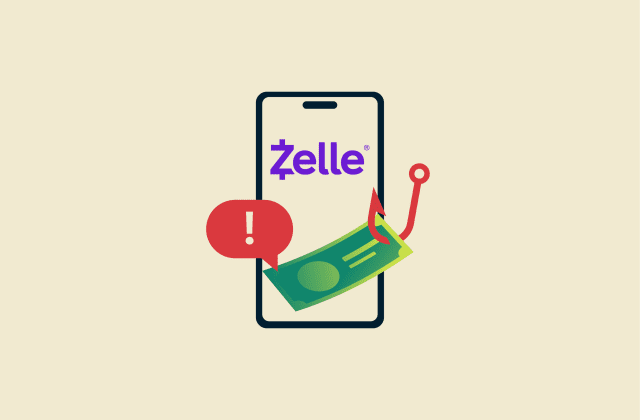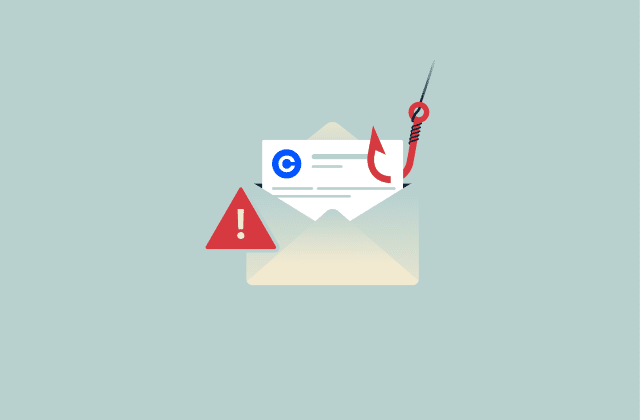-

Attack surface reduction explained: Principles, techniques, and tools
Every system connects to the outside world through networks, software, and user access. These connections let data and services function, but each one also introduces potential risk. The more services...
-

DeepSeek vs. ChatGPT: Which AI tool protects your data better?
Large language models (LLMs) have become a part of everyday life for millions of people. Tools like ChatGPT and DeepSeek now handle everything from casual questions to business research and internal w...
-

Spotting UPS scam emails: What you need to know
When you expect a package, even if you’re not sure which carrier is delivering it, an official-looking email about a delay or problem can seem routine. In many cases, you might click this kind of al...
-

How to avoid Zelle scams and protect your money
Zelle is a popular payment option for sending money quickly and conveniently to people you know. Unfortunately, scammers also operate on Zelle, using various tricks and techniques to deceive users int...
-

How to stop virus pop-ups quickly and safely
You may see virus pop-ups as you visit specific web pages, launch your browser, or just by switching on your PC or smartphone. Whatever the case may be, the most important thing is to stay calm and no...
-

Is GiftYa legit?
Digital gift cards have become a popular way to send last-minute gifts, celebrate occasions remotely, or treat someone to a specific restaurant or store without handling a physical card. GiftYa is one...
-

How to spot and report Coinbase scam emails safely
Cryptocurrency scams are getting more sophisticated, and one of the most common tactics fraudsters use today is scam emails that pretend to be from well-known companies like Coinbase. These fake Coinb...
-

How to identify and stop ad fraud
Ad fraud ranges from fake clicks and impressions to fraudulent affiliate activity, and it can cost companies a lot of money. It can also skew campaign data, making it hard to measure true performance ...
-

How to identify and avoid Discord scams
From gaming servers to study groups and work communities, Discord has become a daily communication tool for millions of people. That popularity also makes it a target for scammers. Discord scams are d...
-

Is Amazon safe? A complete guide for smart shopping
Amazon is one of the world’s largest online marketplaces, used daily for everything from household essentials to high-value electronics. But “safe” can mean different things depending on what yo...

This content is not available in your region
To continue, please visit our dedicated website for the United Arab Emirates.
ExpressVPN for UAE
